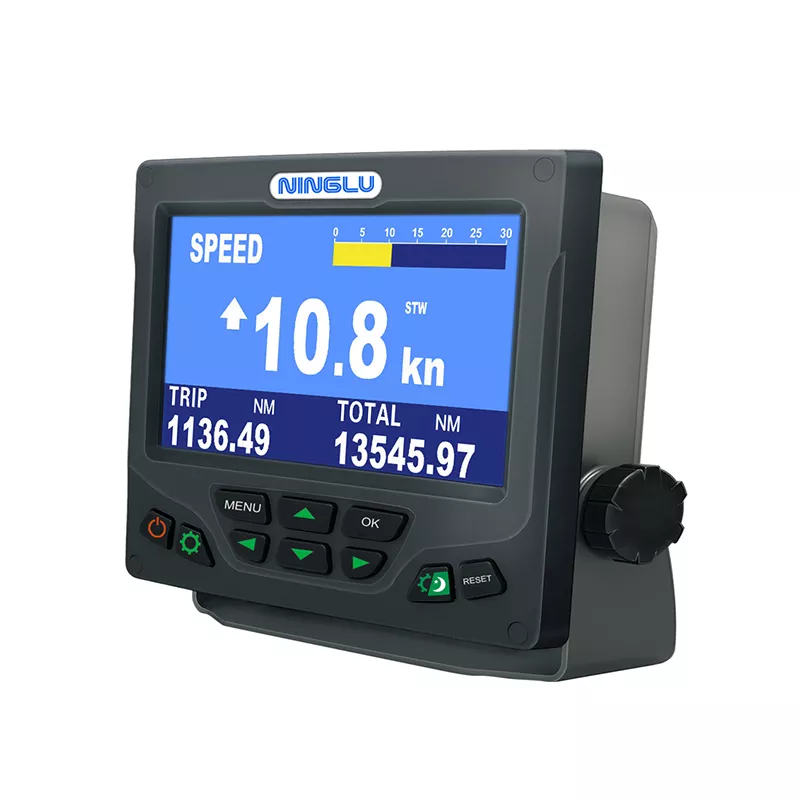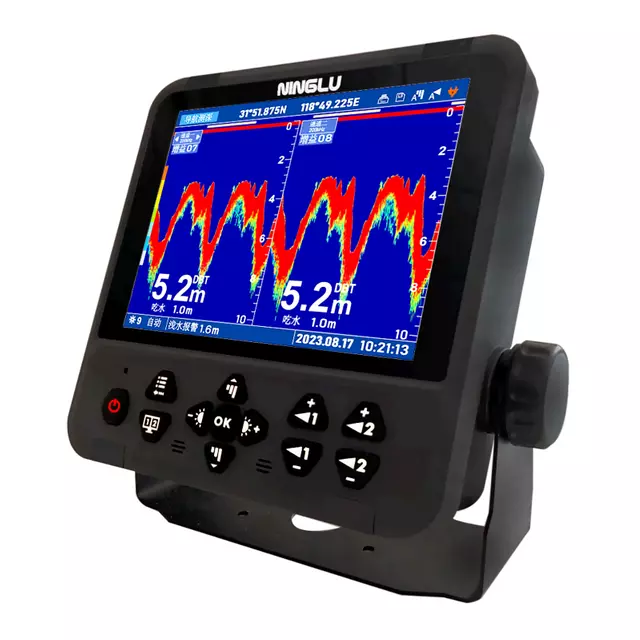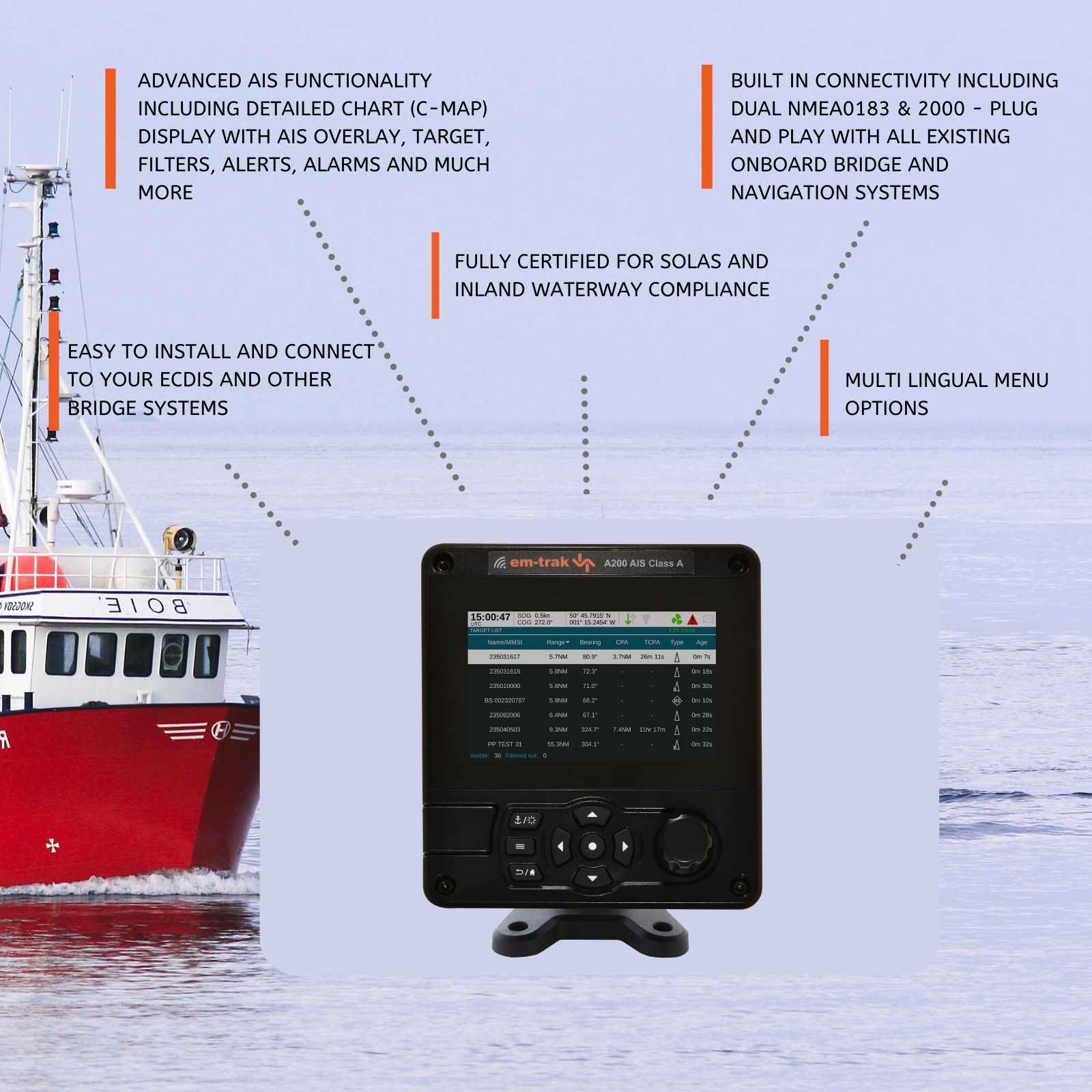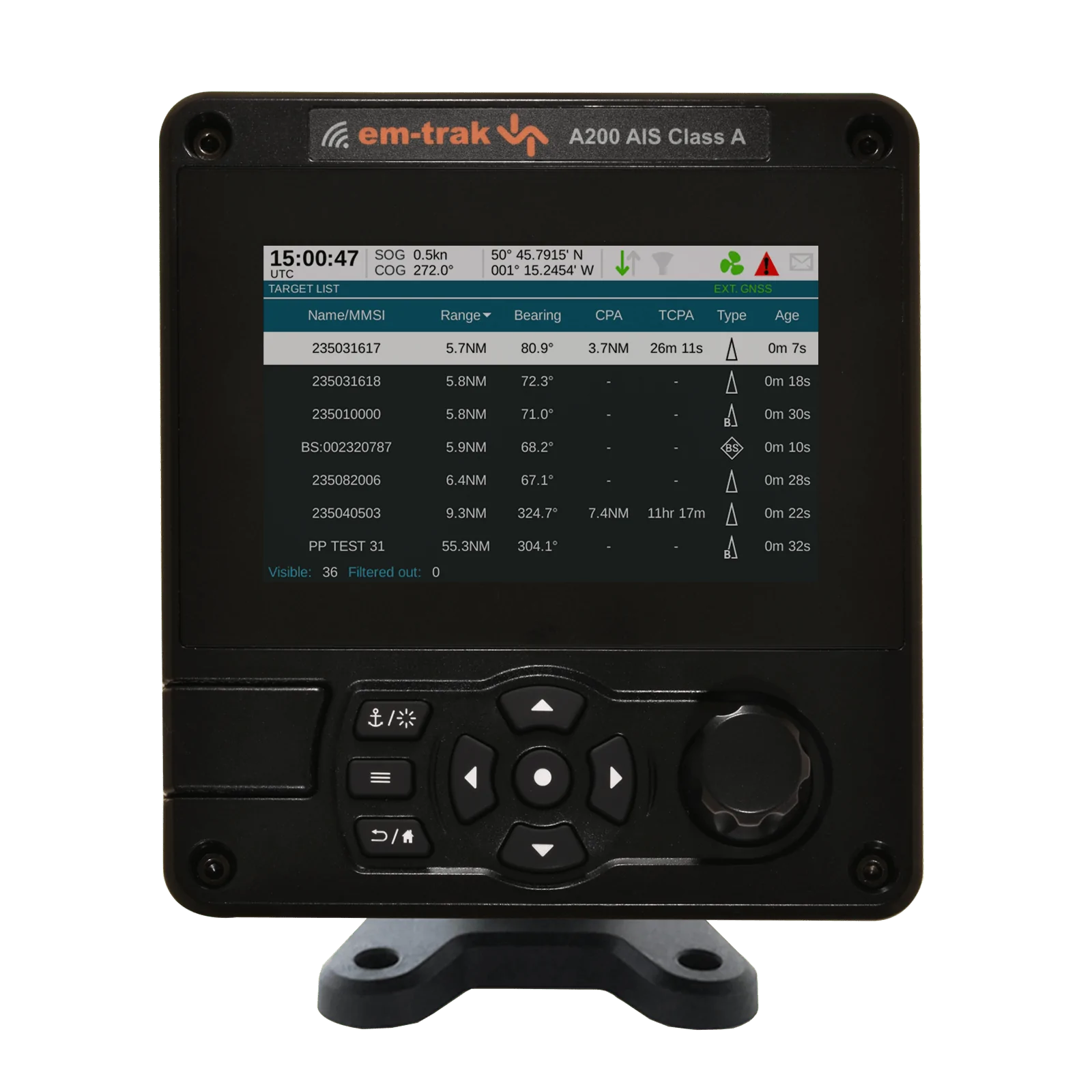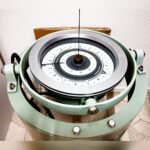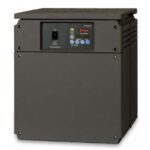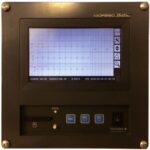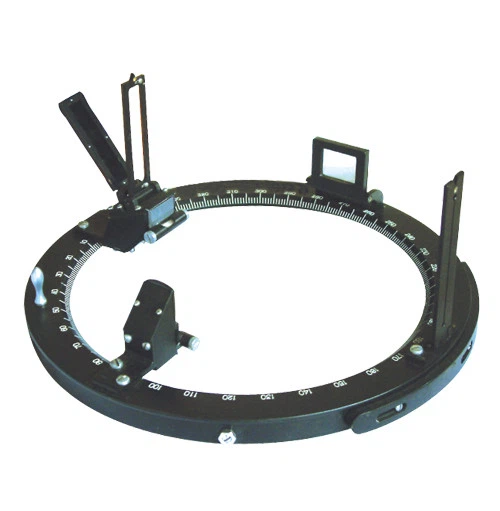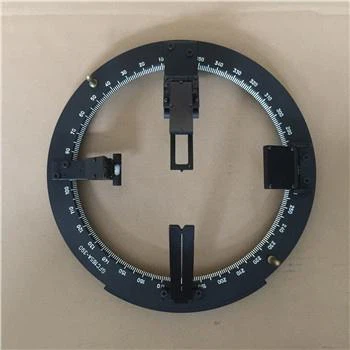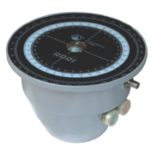BNWAS
The Bridge Navigational Watch Alarm System (BNWAS) is a safety device required on vessels to monitor bridge activity and alert personnel of the watchkeeper’s incapacitation. It ensures continuous watchkeeping to enhance maritime safety. Below are some frequently asked questions (FAQs) about BNWAS:
| Question | Answer |
|---|---|
| What is BNWAS? | BNWAS stands for Bridge Navigational Watch Alarm System. It is a safety device mandated by maritime regulations to monitor bridge activity and alert crew in case the watchkeeper becomes incapacitated. |
| How does BNWAS work? | BNWAS monitors bridge activity through sensors and requires the watchkeeper to periodically reset the alarm system. Failure to reset triggers alarms to alert other personnel on board. |
| Why is BNWAS important? | BNWAS ensures continuous monitoring of the bridge, preventing accidents due to the watchkeeper’s incapacitation, fatigue, or distraction, thus enhancing overall maritime safety. |
| Where is BNWAS installed on a vessel? | BNWAS is typically installed on the bridge of a vessel, integrating with navigation and alarm System to monitor the watchkeeper’s presence and alert status. |
| What are the components of BNWAS? | Components include sensors (motion or pressure sensors), control units, alarms (visual and audible), reset mechanisms, and integration with ship System for comprehensive monitoring. |
| Is BNWAS mandatory on all vessels? | Yes, BNWAS is mandatory on vessels specified by international maritime regulations, ensuring compliance with safety standards and enhancing operational safety during navigation. |
| How does BNWAS prevent false alarms? | BNWAS incorporates reset periods that require the watchkeeper to acknowledge their presence, preventing false alarms triggered by normal bridge activity or brief absence. |
| What happens if the watchkeeper does not reset BNWAS? | If the watchkeeper fails to reset BNWAS within the designated period, alarms are triggered, alerting other personnel on board to investigate and take necessary actions. |
| Can BNWAS be overridden in emergencies? | Yes, BNWAS can be overridden in emergencies or specific operational scenarios where immediate action requires bypassing the alarm system for safety or operational reasons. |
| What are the benefits of BNWAS? | Benefits include enhanced safety by ensuring continuous bridge monitoring, compliance with maritime regulations, reduction of human error risks, and improved crew management during navigation. |
Conclusion
BNWAS plays a critical role in maritime safety by monitoring bridge activity and alerting crew in case of watchkeeper incapacitation or absence. By integrating advanced sensors and alarm System, BNWAS enhances vessel safety, compliance with regulations, and overall operational efficiency.


